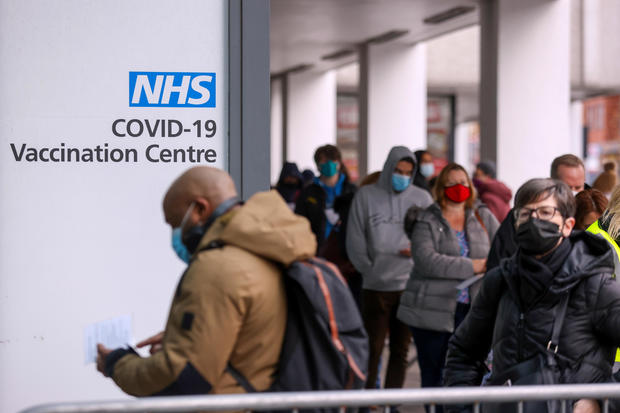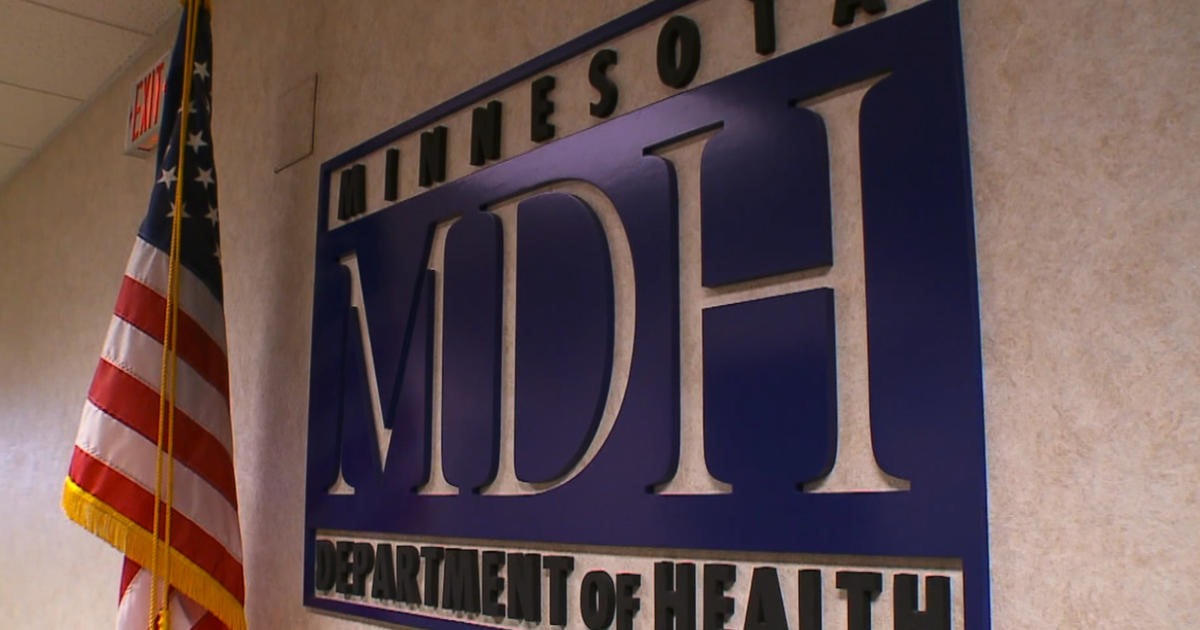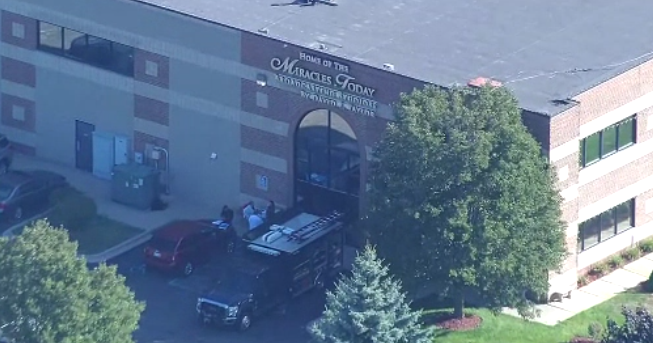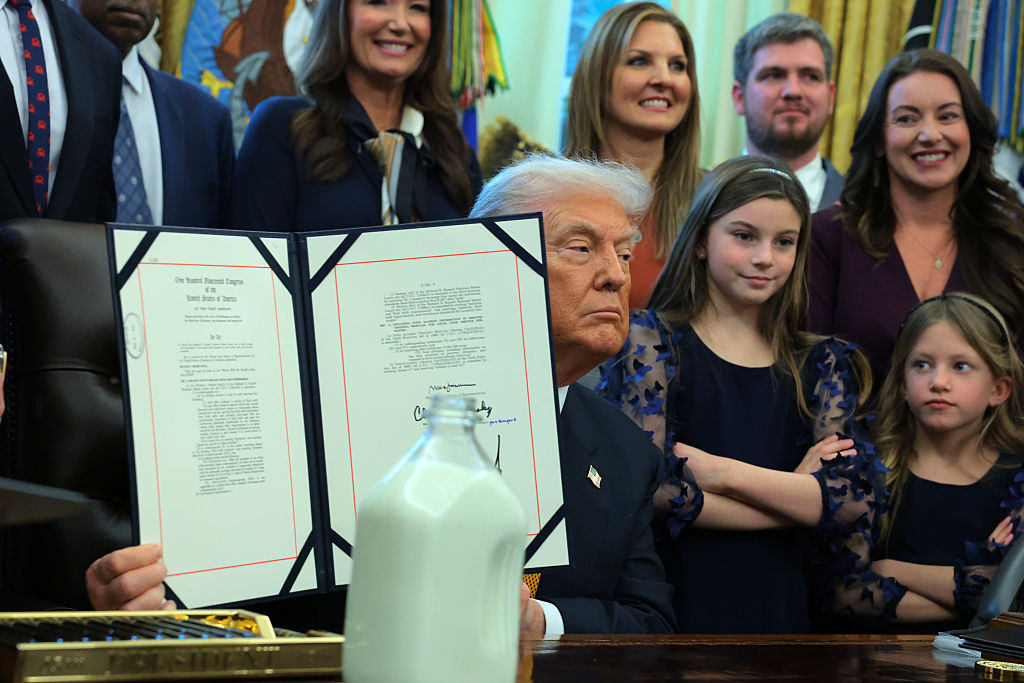First Omicron death confirmed in U.K. as PM warns of "tidal wave" of infections
London — At least one person has died from the new Omicron variant of the coronavirus in the U.K., Prime Minister Boris Johnson said on Monday. The death was confirmed as Johnson warned of a looming "tidal wave" of Omicron infections, with cases doubling every two to three days across Britain.
As the Delta variant continues to drive up coronavirus infections in the United States, Britain has now shifted its focus to Omicron, which officials warn is spreading at a "phenomenal rate."
The U.K. re-imposed some restrictions on Monday in a bid to slow Omicron's spread and give scientists time to find out just how much more transmissible it is, how successful it will be at evading current vaccines, and whether it is any more severe than previous variants. Britons are now being asked to work from home and wear masks in many public settings. The government is still considering a possible requirement for anyone entering large venues, like concert halls or nightclubs, to prove their vaccination or COVID test status.
The World Health Organization noted on Sunday that while data was still limited, there have been early indications that fully vaccinated people likely do not not have sufficient antibodies to fight off symptomatic infection with the Omicron variant, which warned could lead to increased transmission, with "severe consequences."
There has been data, however, reported by vaccine makers Pfizer and BioNTech last week, suggesting that a third or booster shot of their vaccine would offer a similar level of protection against Omicron as the two-dose regimen had against the original variant. Early analysis of data from the U.K. showed that a third booster dose prevented around 75% of symptomatic infections, scientists said last week.
On Sunday night, in a televised address to the nation, Johnson announced the acceleration of the country's vaccine booster program, opening it up to anyone over the age of 18 and imploring people to get their third shots. He ordered Britain's National Health Service to ramp up to a million booster shots a day. That may not sound like much in a country as big as the United States, but as CBS News correspondent Charlie D'Agata reported on Monday, it's a tall order in the U.K., where the highest one-day total ever reached, in March, was just under 850,000.
"No one should be in any doubt that there is a tidal wave of Omicron coming," Johnson said. "I'm afraid it is now clear that two doses of vaccine are simply not enough to give the level of protection we all need."
On Monday, Johnson said Omicron would become the dominant variant of new infections in London within 24 hours.
"I think the idea that this is somehow a milder version of the virus, that's something we need to set on one side and just recognize the sheer pace at which it accelerates through the population. So the best thing we can do is all get our boosters," he said.
Early on Monday, the health service's website crashed as more than 100,000 people tried to book booster shots at once, and long lines were reported at walk-in vaccination centers around the country.
U.K. Health Secretary Sajid Javid echoed the call for people to get their boosters, adding that the new restrictions, even though they come ahead of clear data about the severity and transmissibility of Omicron, could help prevent hospitals from being overwhelmed.
"This does buy us time," he said.




